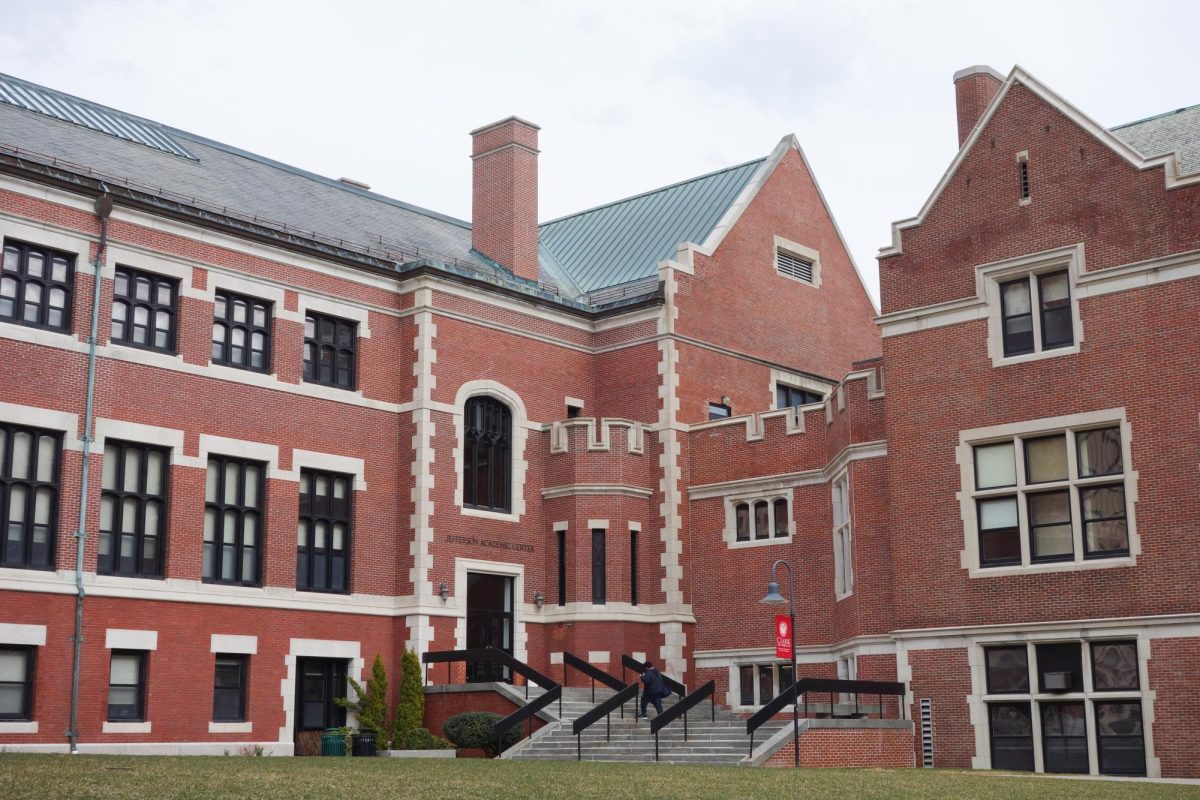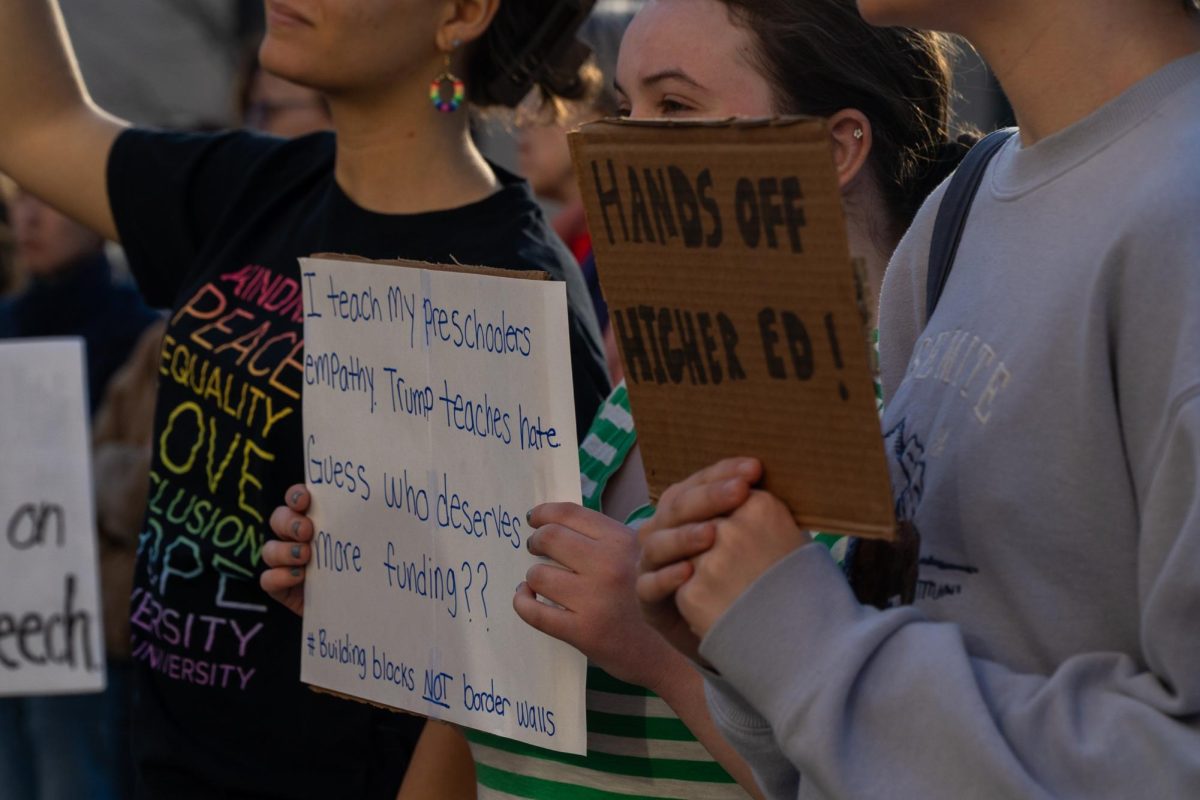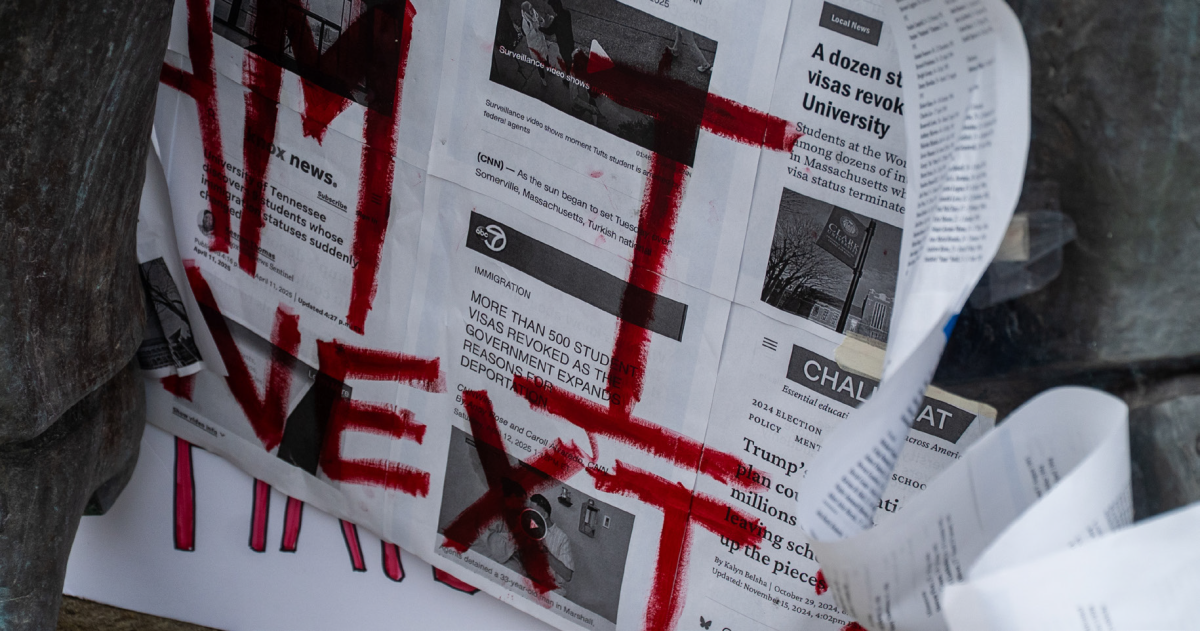On Jan. 28, President Donald Trump issued an executive order freezing federal grant funds. This announcement was met with both panic and confusion as it was not initially clear if the freeze was universal or if it was targeted only at specific grants. Regardless, the chaos that ensued included the shut down of Medicaid portals in certain states, as well as the fear of funding being cut off from homeless shelters.
The justification for this freeze was to start a formal review of funding due to what Trump called “DEI and woke gender ideology” in agencies and projects funded by the government. The administration eventually rescinded this order following backlash and the law being officially rejected by a federal judge. The future of these grants is still in question.
These federal grants in question are used, among other things, to fund research at both public and private universities across the nation.
When the initial order was reported by the mainstream press, the academic world fell into complete pandemonium. Many researchers at academic institutions were unsure whether to continue their work or abandon it, with the future of funding appearing nonexistent, or dubious at best.
Although some institutions seemed unperturbed by the announcement – such as Stanford University – whose president, Jonathan Levin, sent an email out to faculty and students stating that because the order was unclear, they could continue their research as normal, The Stanford Daily reports.
However, the situation at the University of Chicago was much different. According to reporting from The Chicago Maroon, an email sent out on Jan. 28 to faculty and student researchers asked them, “temporarily suspend their non-personnel spending on federal grants.”
Clark, like many other research universities, was impacted by the freeze. Many professors and students are unsure how to move forward with millions of dollars from federal sources possibly going away.
Professor Gustavo Oliviera with the Department of Geography had recently applied for a grant from the National Institute of Food and Agriculture and is currently doing research using federal funds (specifically from NASA) on the political ecology of irrigation in Brazil, along with Professor Robert Pontius.
“While I do not believe that the Trump administration will be able to halt funding for that vast majority of research grants that are ongoing, I am very concerned about the impact that these executive orders and administrative memos are already having and may have on pending grant applications and future research funding.” Said Oliveira.
Oliveira said that he was worried that his currently pending NIFA grant would not be awarded.
Student Researcher Rowan Compton – who works with Oliveira – said, “During the year I don’t get paid, just during summer work. I am deeply concerned though, this is critical to my future in the field.”
While the federal freeze appears to be temporary, academics and their research face an uncertain future both at Clark and around the country.



